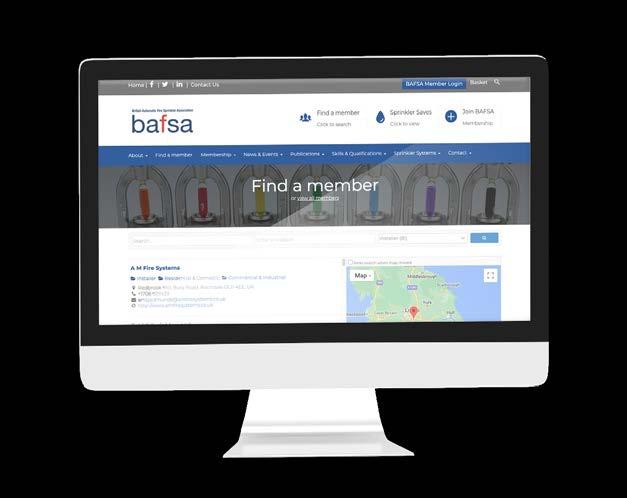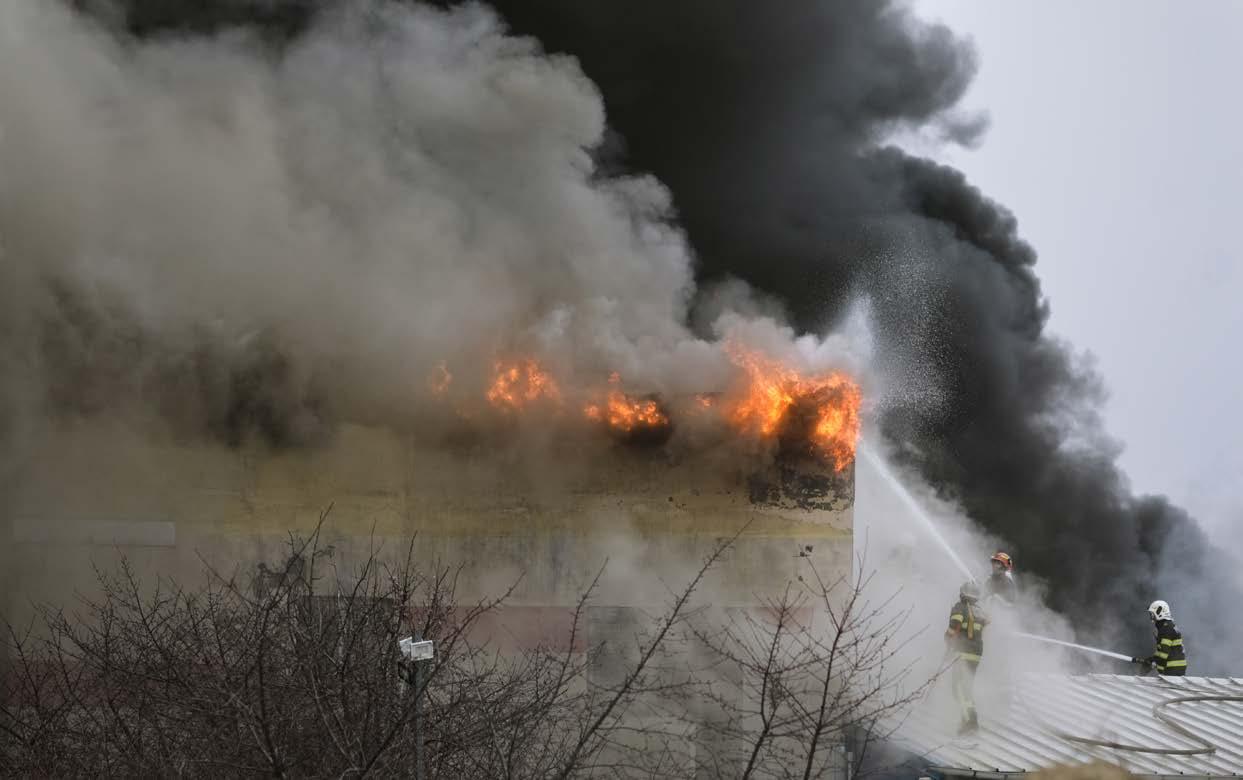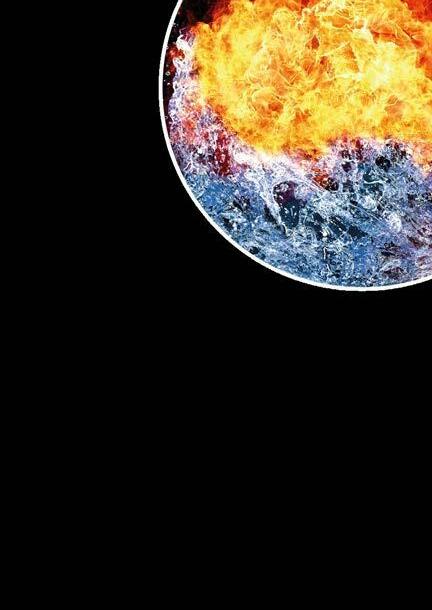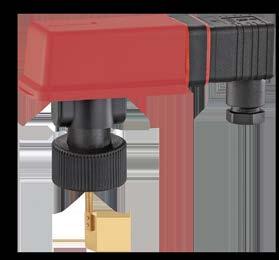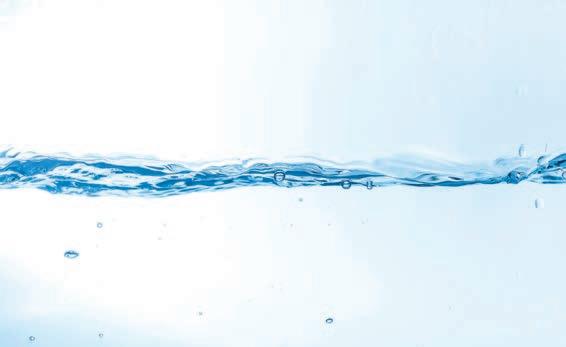
6 minute read
Where does the content for qualification come from?
from BAFSA focus May 2022
by BAFSA
Where does the content for a qualification come from?
HAVE YOU EVER WONDERED HOW DOES A TUTOR KNOW WHAT SKILLS AND KNOWLEDGE IS REQUIRED BY A LEARNER TO BE DEEMED COMPETENT? ASKS RUTH OLIVER, BAFSA SKILLS & QUALIFICATIONS ADVISER.
Advertisement
the level 2 certificate in Fire Sprinkler Installation was designed by industry representatives from the sprinkler installation environment for those working within that environment. But I hear you ask …. So how do they know what are the skills and knowledge required to work in the sector?
The answer is National Occupational Standards (NOS), in this case NOS for Mechanical Fire Protection Systems (more commonly known as fire sprinkler systems.
National Occupational Standards (NOS), specify the standards of performance individuals must achieve in the workplace, together with the knowledge and understanding required. They focus on what a person needs to be able to do, as well as what they must know and understand to work effectively. Working groups drawn from all aspects of industry come together to discuss the critical key functions and requirements of specific job roles within the specific sector and over time draw together the statements of competence required covering performance and knowledge. Industry Wide consultation is an essential part of the standards development. It is these statements that in due course inform the development and content of a qualification.
The NOS for Mechanical Fire Protection Systems have recently been reviewed and BAFSA is pleased to have been involved in Steering and Working Group. Two new units have been developed; Testing the Operational Performance of Sprinkler Systems and Site Surveys to accompany the original six units. An industry wide consultation took place in February 2022 with the NOS Regulator granting approval in March 2022.
The NOS are freely available from ukstandards.or.uk or by request to BAFSA (qualifications@bafsa.org.uk).
As the above standards have been reviewed it is a timely opportunity to review the fire sprinkler installation qualification that is based upon them ie the Level 2 Certificate in Fire Sprinkler Installation. This is currently being undertaken by Skills for Justice Awarding Organisation with BAFSA participation and other industry representatives. The two new NOS units will be considered and may form part of the revised qualification; as separate optional units.
The Level 2 Certificate in Fire Sprinkler Installation qualification is a intended for people employed in installing fire sprinklers to develop the knowledge and competences necessary to meet the industry standards for the installation role. To achieve the SFJ IQ Level 2 Certificate in Fire Sprinkler Installation (QCF) the learner must currently achieve seven mandatory units:
Communicate effectively in the workplace
Establish effective working relationships
Manage own Resources
Health and Safety
Awareness of Regulations in the Fire Sprinkler Industry (This unit develops knowledge and understanding; however some assessment criteria should be assessed in the workplace)
Fire sprinkler installation and handover
Understanding the Fire Sprinkler Industry
BAFSA together with three colleges, Neath Port Talbot College Group (S. Wales), Llandrillo College (N. Wales) and West Total number of sprinklers College Scotland has overseen the development and delivery of a within installation or System national industry based competency qualification since its initial development in 2015.
COVID 19 encouraged us to look more closely at how on line learning could assist in replacing face to face teaching and in August 2020 the L2 Certificate in Fire Sprinkler Installation was redeveloped to accommodate this style of learning. However, as with many practical engineering subjects, for some, there is no better way than learning face to face.
Now, the qualification has two routes; one for those who are new to the industry or have less than three years installer experience and an alternative route for those experienced installers (with more than 3 years experience).
The qualification remains available for learners aged 18+ and has no formal entry requirements although learners must be able to work at heights. Sprinklers subject to contamination, such as those in spray booths, may require more frequent attention and replacement. In
PROGRAMME CONTENT addition, based on insurance requirements, the LPC Rules and TB for those with less than 3 years installer experience <3 203 the following situations will need additional inspections. Dry pendant pattern sprinkler heads (those with a dry drop
The learning programme consists of approx. 60 hours pipe section) should be tested every five years or less unless stated otherwise by the manufacturer – 5% or 20 heads of each batch of learning delivered online through a wide variety of learning dry pendant patterned sprinklers installed on the site (whichever is methodologies. The learner will be able to access the learning the greater) should be tested. modules and assessments in their own time and at their own pace Multiple controls (also known as MJCs) can be subject to a build and is allowed 10 weeks from the time of enrolment to complete up of corrosion and environmental deposits, and so will need testing their programme. A period of 10 days practical training within college more frequently. These should be tested every five years or less is required within the programme covering Fire Sprinkler Installation unless stated otherwise by the manufacturer – 6% or three MJCs & Handover (practical activity).(whichever is the greater) should be tested.
Completion of the programme is expected to take no longer than 6 months.
For further information please visit https://www.bafsa.org.uk/ skills-qualifications/skills-qualifications/sfj-iq-l2-certificate-in-firesprinkler-installation-online-learning-programme/

Number of sprinklers to be removed & inspected Less than or equal to 5,000 20 Less than or equal to 10,000 40 Less than or equal to 20,000 60 Less than or equal to 30,000 80 Less than or equal to 40,000 100
>3
PROGRAMME CONTENT for those with MORE than 3 years installer experience (Experienced worker Route (EWR))
Candidate eligibility for the EWR is 3 years installation experience. With this qualification encompassing both Residential and Commercial Fire Sprinkler installations colleges expect the candidate to have experience in both types of systems, demonstrated within the BAFSA Evidence of prior learning record book*. As part of the qualification evidence requirements candidates are required to complete an Evidence of Prior Learning portfolio for submission to the college. A downloadable template document is available free of charge from the BAFSA Website.
*Those installers that have not had experience in either metallic fire sprinkler systems installations or plastic fire sprinkler systems installations will be required to gain a working knowledge of installation and jointing techniques before completion of the electronic practical module/assessment through a manufacturer training opportunity or a potential one day teaching programme delivered in college at an additional cost.
The learning programme consists of approx. 40 hours learning delivered online through a wide variety of learning methodologies. The learner will be able to access the learning modules and assessments in their own time and at their own pace and is allowed 12 weeks from the issue of joining instructions to complete their programme. No attendance in College is required.
For further information https://www.bafsa.org.uk/sfj-iq-l2certificate-in-fire-sprinkler-installation-experienced-worker-route-online-learning/
With the Industry Skillcard for Fire Sprinkler Installers requiring the above qualification https://www.skillcard.org.uk/types-of-skillcard/ BAFSA continues its mission to see a competent workforce fit for the 21st Century.
CST Industries (UK) Ltd specialises in the design, manufacture and construction of CE marked cylindrical and VersaTank galvanized steel bolted storage tanks. These tanks are primarily used for storing water in the fire sprinkler market with LPCB & FM approvals.
01773 835321 dgibbons@cstindustries.com www.cstindustries.com/vulcan-galvanized-tanks-uk



